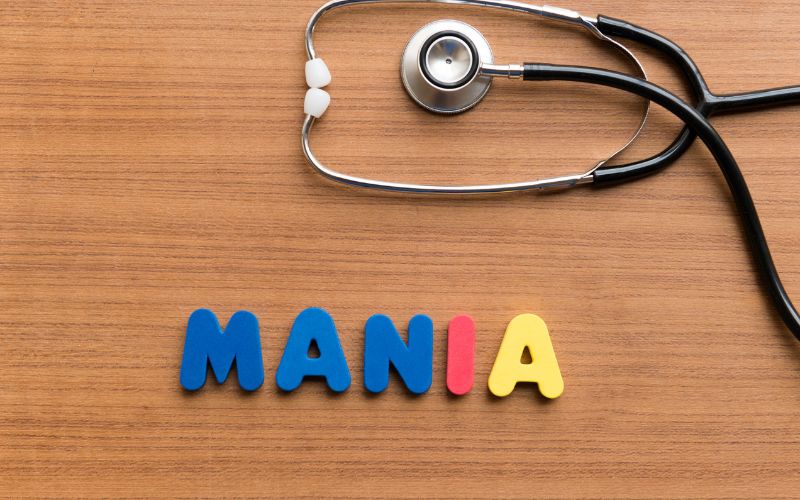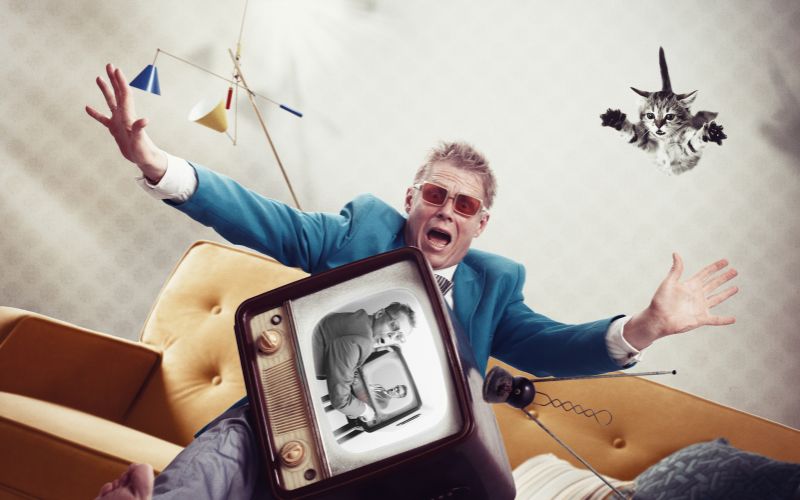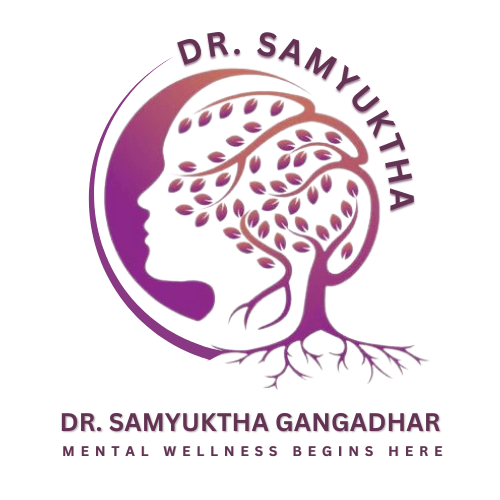- Home
- About Us
- Services
- Team
- Gallery
- Blog
- FYI
- Best Psychiatrist in Bangalore
- Best Depression Doctor in Kolkata
- Best Psychiatrist in Kolkata
- Depression Treatment
- OCD Treatment
- Anxiety Treatment
- Mania Treatment
- ADHD Specialist
- ADHD Treatment
- Treatment for Stress
- Fear Treatment
- Phobia Treatment
- Treatment of Tobacco Addiction
- Alcohol Addiction Treatment
- Anger Issue Treatment
- Relationship Issues
- Managing Frequent Mood Swings
- Behavioral Issues in Children and Adolescents
- Treatments for Lack of Sleep
- Understanding OCD: Comprehensive Treatment Options in Kolkata
- Contact Us
- Home
- About Us
- Services
- Team
- Gallery
- Blog
- FYI
- Best Psychiatrist in Bangalore
- Best Depression Doctor in Kolkata
- Best Psychiatrist in Kolkata
- Depression Treatment
- OCD Treatment
- Anxiety Treatment
- Mania Treatment
- ADHD Specialist
- ADHD Treatment
- Treatment for Stress
- Fear Treatment
- Phobia Treatment
- Treatment of Tobacco Addiction
- Alcohol Addiction Treatment
- Anger Issue Treatment
- Relationship Issues
- Managing Frequent Mood Swings
- Behavioral Issues in Children and Adolescents
- Treatments for Lack of Sleep
- Understanding OCD: Comprehensive Treatment Options in Kolkata
- Contact Us
Home » Best Mania Treatment in Kolkata for Comprehensive Mental Health Support
Best Mania Treatment in Kolkata for Comprehensive Mental Health Support

Introduction
Mania is a severe mental health condition characterized by an abnormally elevated mood, energy levels, and unusual behavior. It is a symptom of bipolar disorder and can significantly impact an individual’s life. Dr. Samyuktha, the best psychiatrist in Kolkata, offers expert mania treatment. This guide aims to provide detailed, research-backed information on mania, its symptoms, causes, and the various treatment options available.
Understanding Mania: Symptoms and Causes
What is Mania?
Mania involves intense periods of euphoria, excitement, delusions, and hyperactivity, far beyond ordinary mood swings. It can cause significant disruptions in daily life and lead to severe consequences if untreated. Recognizing the symptoms, such as extreme mood elevation and impulsive behavior, is crucial for seeking timely and effective treatment.
Symptoms of Mania
- Elevated Mood: Extreme happiness, euphoria, or irritability.
- Increased Activity and Energy: Engaging in multiple activities simultaneously, often without completing them.
- Decreased Need for Sleep: Feeling rested after only a few hours.
- Racing Thoughts and Rapid Speech: Rapid thinking and speech.
- Impulsivity and Risky Behaviors: Unprotected sex, excessive spending, or reckless driving.
Causes of Mania
Mania can be triggered by several factors, including genetic predisposition, imbalances in brain chemistry, and environmental stressors. These triggers can lead to the onset of manic episodes, characterized by extreme mood elevation and impulsive behavior. Understanding these underlying causes is essential for effective management and treatment, as it allows for tailored therapeutic approaches that address specific triggers, thereby improving patient outcomes and helping to prevent future episodes.
Types of Mania: Bipolar Disorder and Other Conditions
Mania is a key feature of bipolar disorder but can also be present in other conditions. Recognizing the different types helps in accurate diagnosis and treatment.

- Bipolar I Disorder: Characterized by manic episodes lasting at least seven days or requiring hospitalization.
- Bipolar II Disorder: Involves hypomanic episodes (less severe than full mania) and major depressive episodes.
- Cyclothymic Disorder: Periods of hypomanic and depressive symptoms that are less severe than those in bipolar I or II disorder.
Diagnosis of Mania: Evaluating Mental Health
Accurate diagnosis of mania involves comprehensive evaluations by mental health professionals. This process includes:
- Clinical Interviews: Discussing symptoms, medical history, and family history of mental health conditions.
- Psychological Assessments: Standardized tests to assess mood, behavior, and cognitive function.
- Physical Examination: Ruling out medical conditions like hyperthyroidism.
- Laboratory Tests: Blood tests to check for substance abuse or underlying medical conditions.
Treatment Options for Mania
Effective treatment of mania typically involves a combination of medication, psychotherapy, lifestyle modifications, and in severe cases, hospitalization.
Medications for Mania
Medications are essential in treating mania. The choice depends on the severity of symptoms and individual patient factors. Common medications include:
- Mood Stabilizers: Lithium, valproate, and carbamazepine.
- Antipsychotics: Risperidone, olanzapine, and quetiapine.
- Antidepressants: Used cautiously to avoid triggering manic episodes.
Psychotherapy Approaches
Psychotherapy helps patients understand their condition and develop coping strategies. Effective approaches include:
- Cognitive Behavioral Therapy (CBT): Identifying and changing negative thought patterns.
- Interpersonal and Social Rhythm Therapy (IPSRT): Stabilizing daily routines and improving relationships.
- Psychoeducation: Educating patients and families about the disorder and treatment options.
Lifestyle Modifications
Lifestyle changes play a crucial role in managing mania. These include:

- Regular Sleep Schedule: Consistent sleep patterns stabilize mood.
- Healthy Diet: Balanced nutrition supports mental health.
- Exercise: Physical activity improves mood and reduces anxiety.
- Stress Management: Mindfulness, meditation, and yoga help manage stress.
- Support Groups: Providing a sense of community and shared experiences.
Psychotherapy Techniques for Managing Mania
Several psychotherapy techniques are effective in managing mania:
- Dialectical Behavior Therapy (DBT): Teaches skills to manage emotions and stress.
- Family-Focused Therapy (FFT): Involves family in the treatment process to improve communication and support.
The Role of Lifestyle Changes in Mania Management
Lifestyle changes are vital for managing mania and maintaining long-term stability. These include:
- Routine Establishment: Creating and sticking to a daily routine helps regulate mood.
- Healthy Living: Balanced nutrition, regular exercise, and adequate sleep.
- Avoiding Triggers: Identifying and avoiding stress, substance use, and irregular sleep patterns.
Long-term Management and Preventing Relapse
Long-term management involves ongoing treatment and strategies to prevent relapse:
- Regular Follow-ups: Continuous monitoring and adjusting treatment plans.
- Adherence to Treatment: Consistent use of medications and therapy.
- Relapse Prevention Plans: Recognizing early signs of relapse and taking proactive measures.
Integrative and Alternative Treatments for Mania
In addition to conventional treatments, integrative and alternative therapies may be beneficial:
- Nutritional Supplements: Omega-3 fatty acids and vitamins support mental health.
- Mind-Body Practices: Yoga, meditation, and acupuncture reduce stress and improve well-being.
- Herbal Remedies: Certain herbs like St. John’s Wort may have mood-stabilizing properties.
Monitoring and Follow-up: Ensuring Continuous Care
Regular monitoring and follow-up are essential for managing mania:
- Scheduled Appointments: Regular check-ups to monitor progress.
- Symptom Tracking: Keeping a diary of symptoms to identify patterns and triggers.
- Support System Involvement: Engaging family and friends in the treatment process.
Living with Mania: Coping Strategies and Resources
Effective coping strategies and resources are essential for living with mania:
- Coping Strategies: Mindfulness, relaxation exercises, and problem-solving skills.
- Educational Resources: Books, articles, and workshops to understand the condition.
- Community Resources: Local mental health services, support groups, and helplines.
About Dr. Samyuktha
Dr. Samyuktha is a highly respected psychiatrist specializing in the treatment of mood disorders, including mania. Based in Bangalore and Kolkata, she brings extensive experience and a compassionate approach to her practice. At Pushpa Mind Care, Dr. Samyuktha provides personalized care tailored to the unique needs of each patient. Her expertise in medication management and psychotherapy, combined with her dedication to patient-centered care, makes her a leading choice for individuals seeking effective treatment for mania.
Why Choose Dr. Samyuktha?
- Expertise and Experience: Extensive experience in diagnosing and treating a wide range of psychiatric conditions.
- Holistic Treatment Approach: Combining medication, psychotherapy, and lifestyle modifications for comprehensive care.
- Patient-Centered Care: Focus on individual needs and preferences, ensuring personalized treatment plans.
- Supportive Environment: Providing a safe and welcoming space for patients to express their concerns and receive compassionate care.
Research and Data Supporting Mania Treatment
Medication Efficacy
Studies show mood stabilizers and antipsychotics are effective in managing manic symptoms. For instance, a study published in the Journal of Clinical Psychiatry found that lithium and valproate reduced manic symptoms by up to 80% in patients with bipolar disorder.
Importance of Combined Treatment
Research indicates that combining medication and psychotherapy yields the best outcomes. According to the American Psychiatric Association, patients receiving both are less likely to experience relapses and have better long-term outcomes.
Role of Lifestyle Modifications
Managing mania requires a proactive approach. Here are some actionable tips:
- Follow Treatment Plans: Adhere to prescribed medications and therapy sessions.
- Monitor Symptoms: Keep track of mood changes and triggers.
- Maintain a Routine: Stick to a regular daily schedule.
- Stay Connected: Engage with support networks and seek help when needed.
- Educate Yourself: Learn about the disorder and effective coping strategies.
Actionable Tips for Managing Mania
Lifestyle modifications, like maintaining a regular sleep schedule and engaging in exercise, significantly improve mood and overall mental health. A study in the Journal of Affective Disorders found that regular physical activity reduced manic symptoms and improved quality of life.
Conclusion
Mania is a complex and challenging condition, but with the right treatment and support, individuals can lead fulfilling lives. Dr. Samyuktha at Pushpa Mindcare is dedicated to providing high-quality, evidence-based mania treatment in Kolkata, helping patients achieve stability and improved mental health. For more information or to schedule a consultation, visit Pushpa Mindcare. Book an appointment at https://pushpamindcare.co.in/.
Frequently Asked Questions (FAQs)
Early signs include excessive energy, decreased need for sleep, unusually high levels of euphoria or irritability, and engaging in risky behaviors.
Diagnosis involves a thorough evaluation by a psychiatrist, including a detailed medical history, psychological assessment, and, if necessary, laboratory tests to rule out other conditions.
While there is no cure for mania, it can be effectively managed with proper treatment, allowing individuals to lead fulfilling lives. Long-term management is often necessary to prevent relapses.
The duration of treatment varies depending on the individual, but it often involves long-term management. Treatment plans are regularly reviewed and adjusted based on the patient’s progress and needs.
Encourage the individual to seek professional help from a psychiatrist. Early intervention can prevent the escalation of symptoms and improve outcomes.


